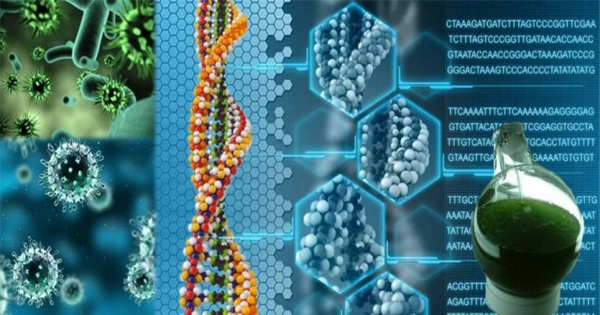Brain is the central organ of the human body and is extremely complex. The functions of the brain were studied by the ancient Egyptians and Greeks in 400 BC. In early times there was not much advancement in science so much of the facts about brain were hidden from us but now as the science has spent plenty of time in researching about human brain so now we are aware of many different and amazing facts about our brain, so here are some interesting facts for you to get to know about your brain more.
• The brain can feels no pain as there are no pain receptors in the brain.
• While awake, your brain generates between 10 and 23 watts of power–or enough energy to power a light bulb.
• Neurons develop at the rate of 250,000 neurons per minute during early pregnancy.
• Humans continue to make new neurons throughout life in response to mental activity.
• Alcohol interferes with brain processes by weakening connections between neurons.
• The left side of your brain (left hemisphere) controls the right side of your body; and, the right side of your brain (right hemisphere) controls the left side of your body.
• Children who learn two languages before the age of five alters the brain structure and adults have a much denser gray matter.
• Information can be processed as slowly as 0.5 meters/sec or as fast as 120 meters/sec (about 268 miles/hour).
• The human brain is the fattest organ in the body and May consists of at least 60% fat
• The old adage of humans only using 10% of their brain is not true. Every part of the brain has a known function.
• Memories triggered by scent have a stronger emotional connection; therefore appear more intense than other memory triggers.
• Each time we blink, our brain kicks in and keeps things illuminated so the whole world doesn’t go dark each time we blink (about 20,000 times a day).
• Laughing at a joke is no simple task as it requires activity in five different areas of the brain.
• The average number of thoughts that humans are believed to experience each day is 70,000.
• The Hypothalamus part of the brain regulates body temperature much like a thermostat. The hypothalamus knows what temperature your body should be (about 98.6 Fahrenheit or 37 Celsius), and if your body is too hot, the hypothalamus tells it to sweat. If you’re too cold, the hypothalamus makes you start shivering. Shivering and sweating helps get your body’s temperature back to normal.
• Approximately 85,000 neocortical neurons are lost each day in your brain. Fortunately, his goes unnoticed due to the built-in redundancies and the fact that even after three years this loss adds up to less than 1% of the total.
• Differences in brain weight and size do not equal differences in mental ability. The weight of Albert Einstein’s brain was 1,230 grams that is less than an average weight of the human brain.
• A living brain is so soft you could cut it with a table knife.
• There are about 100,000 miles of blood vessels in the brain.
Top Contributors
Related Articles
SZABIST University Islamabad – A Premier Destination for Higher Education in Pakistan
- Ilmkidunya
- 03/Jul/2025











































